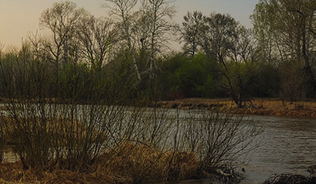The IES is creating regional groups in order to bring together members within geographical regions, and ensure that our busy events schedule remains relevant and interesting for members around the whole of the UK and Ireland. This is in response to feedback from a number of IES members who would like to be more engaged with the work of the IES, but are unable to travel to events happening in other regions.
These regional groups will offer you the opportunity to get acquainted with other members in your region and to make suggestions about possible events that would be locally relevant and useful.
Initially we will be creating nine regional groups. However, if the scheme is successful we may break these into smaller geographical areas and we may also launch international groups in the future.
Why join a regional group?
Do you feel that the IES doesn't do enough in your area? This is your chance to influence the frequency and subject of events in your region. Membership of the group will enable you to:
- Be part of a strong regional network of environmental professionals;
- Suggest and attend more regionally-relevant events;
- Offer suggestions for the publications and research schedule of the IES;
- Contribute to your annual CPD through contribution to meetings and publications; and
- Raise your profile among members in the same geographic area and within the IES.
Are there any constraints to group membership?
There are no constraints to being a member of any particular regional group, the IES actively encourages members to attend events arranged by other regions.
Ok, I'm convinced - how do I sign up?
To signal your interest in joining a groups and to be involved in the discussion for your area, sign up to the LinkedIn groups through the hyperlinks below. If you do not have a LinkedIn profile email Ruth Bowyer to get involved. Next month the IES will contact members who are interested in the groups to arrange the initial meetings.
| South West England | South East England | Midlands |
| North West England | North East England | Yorkshire and the Humber |
| Scotland | Wales | Ireland |



